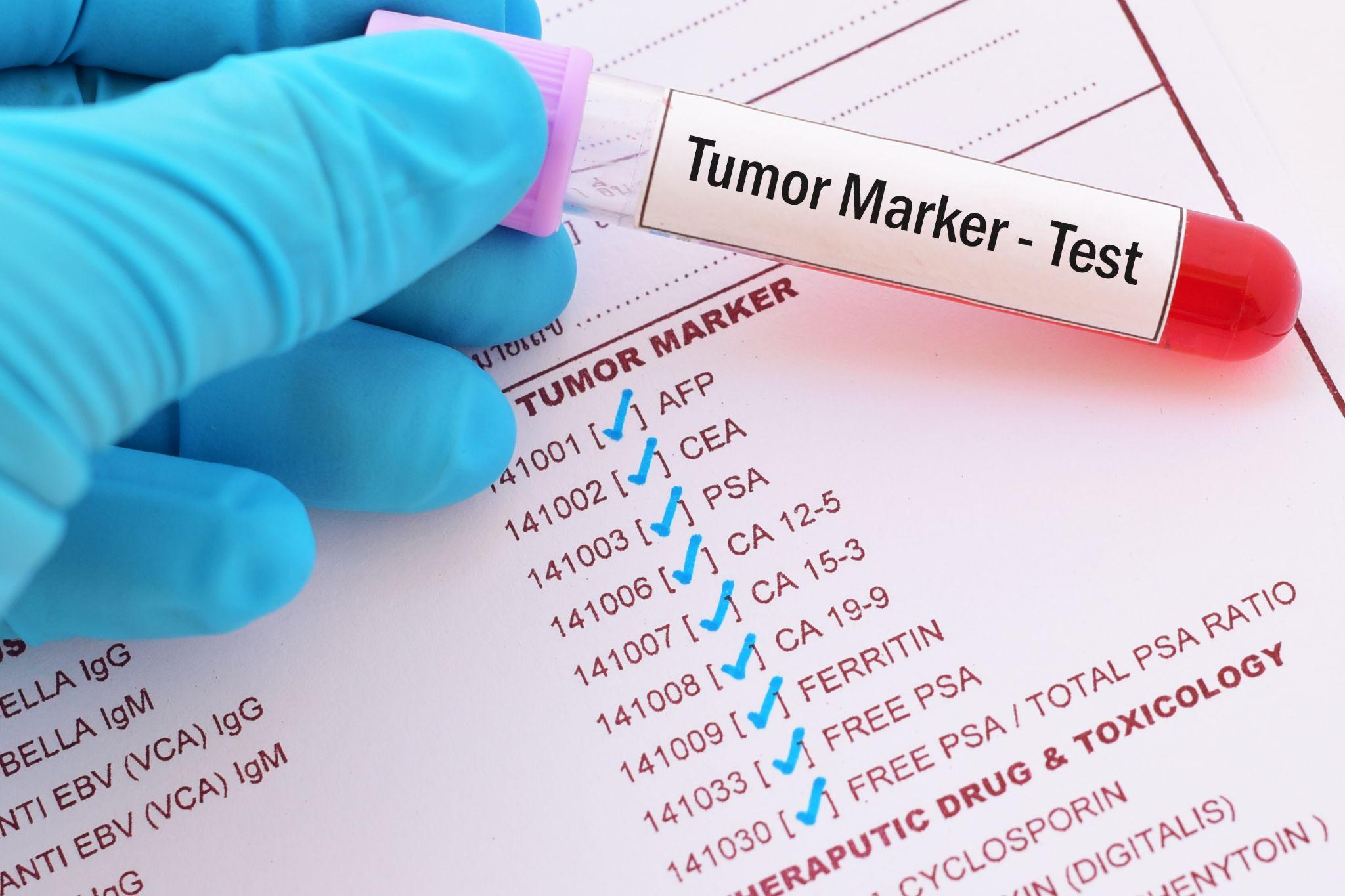
Introduction:
Tumour markers serve as indispensable tools in the realm of cancer detection and diagnosis, offering valuable insights into disease progression and treatment response. Let’s embark on a journey to unravel the significance of tumour markers and their role in clinical practice.
Understanding Tumour Markers:
Tumour markers encompass a diverse array of molecules, including proteins, carbohydrates, and hormones, that can be detected in blood, body fluids, or tissues in the presence of a tumour. These markers may originate from tumour cells themselves or be produced by the body in response to the presence of tumour cells.
Utility of Tumor Markers:
Tumour markers play multifaceted roles in cancer care, serving as vital components in screening, early detection, diagnosis, prognosis, treatment monitoring, and surveillance for tumour recurrence or remission. By quantitatively or qualitatively measuring these substances, healthcare providers can make informed decisions regarding patient management and treatment strategies.
Commonly Used Tumor Markers:
A variety of tumour markers are utilized in clinical practice to aid in the detection and management of various cancers. These include CEA, PSA, CA 125, AFP, and many others, each serving as indicators for specific types of cancer, such as testicular tumour markers, lung cancer tumour markers, endometrial cancer tumour markers, pancreatic cancer tumour markers, and uterine cancer tumour markers.
In addition, there are colon cancer tumour markers, thyroid tumour markers, blood tumour markers, oral cancer tumour markers, bone tumour markers, brain tumour markers and so on.
Benefits of Testing with Tumour Markers:
Tumour marker tests in blood offer a non-invasive and relatively rapid method for assessing cancer status. Results are typically available within 24 hours, allowing healthcare providers to promptly initiate appropriate interventions or treatment adjustments based on the findings.
Advancements in Tumour Marker Research:
In addition to traditional blood-based markers, ongoing research is exploring molecular and genetic markers for early cancer detection at the genetic level. These markers hold promise in enhancing our understanding of cancer biology and facilitating personalized approaches to cancer prevention, diagnosis, and treatment.
Significance and Classification of Tumour Markers:
Tumor markers are classified based on their origin, function, and association with specific types of cancer. From blood tumour markers to genetic tumour markers, each classification provides unique insights into disease pathology and patient management.
Exploring Case Studies and Clinical Applications:
Case studies showcasing the clinical utility of tumour markers in real-world scenarios offer valuable insights into their efficacy and limitations. From endometrial tumour markers to brain tumour markers, these case studies shed light on the diverse applications of tumour markers in oncology.
Conclusion:
Tumour markers represent invaluable tools in the fight against cancer, offering insights into disease detection, progression, and treatment response. By leveraging the utility of tumour markers in clinical practice and embracing advancements in marker research, we can continue to advance cancer care and improve patient outcomes in the quest for a cancer-free future.
